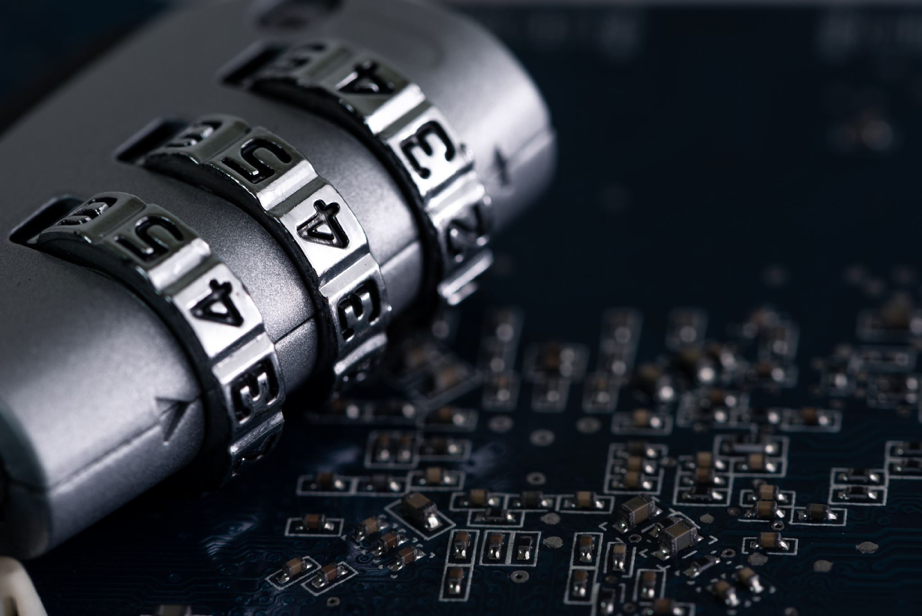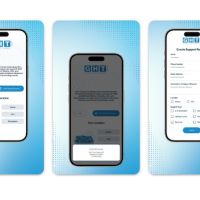Home Automation, Security and Privacy – What You Need to Know

In this highly connected world we live in, much of what we do is tracked. No one is lurking in the shadows snapping pictures of us like in old detective shows, but it’s far easier than that. Your smartphone tracks your location continuously, and a variety of apps for which you grant access to your information knows where you go and where you’ve been.
Now, most of you already know that much of your activity is being watched. Your browsing history is used to target advertising. Your Facebook activity is a fountain of information that may understand more about you than you do. Google and Apple Maps know where you go, by car and on foot. Yet, there's a tradeoff we make for sharing all this information. We get some beneficial, dependable, and free services like navigation around Brookhaven and Atlanta and just about anywhere in the world (remember when navigation devices cost hundreds of dollars?) and a host of other free information services we use without a second thought.
What does that have to do with home automation? Plenty. Keep reading for more.
SEE ALSO: The Most Rapidly Advancing Home Automation Features in 2020
Consumer Home Automation Platforms
In the consumer home automation space, three of the four companies that know the most about us – Apple, Amazon, and Google – are the leaders integrating today's smart devices into their ecosystems. The more you use the ecosystem, the more they know about what you do at home and when you're not there. This is not an alarm, and none of these companies are inherently evil or have nefarious plans for your information. Since most of us use one or more of their products and services extensively, they tend to make our lives easier and add new ways to do things.
However, every interaction with Amazon Alexa or Google Home is being tracked to learn more about you. Google is many things but still makes most of its money from advertising, and Amazon is also many things while primarily being in the business of selling countless things. Apple sells computing and consumer technology devices and increasingly more services around entertainment and lifestyle. All the data they glean from your interaction with their devices and your use of their ecosystem is of tremendous value. If you employ any of their smart home platforms heavily, they know when you're home or not, when the lights go on and not, what you listen to at home, what you watch on your TV, and more.
Should You Be Concerned?
The answer is yes, and no. No, in the sense that these companies are using the information primarily to advance their businesses. Might they go too far in not respecting your privacy? Sometimes, but the specter of regulation and class action lawsuits tends to keep them in line. These companies are among the richest on the planet, and they want to protect their deep pockets from billions in lawsuits or government fines.
What should you be concerned about? If you put all your information eggs in one basket, watch that basket carefully. In other words, use two-factor authentication (where you need to use more than just a password to log into a service) as an Amazon, Apple, or Google ID is tied into the entire world of their services. You don't want someone hacking into them and reaching into your home, wreaking havoc by taking over your lights, smart locks, and security system! Use strong passwords, and change them regularly. Don't let services you aren't very familiar with the link into your accounts on them unless you trust what they do and the company behind them.
Professional Home Automation Platforms
If you are familiar with GHT Group, you know we work with professionally installed home automation platforms like Crestron, Control4, and Lutron. We also integrate some consumer products like Nest in the projects that we do, as well as voice control from all three of the major tech companies and others. For people that are very concerned about privacy and security, these professional systems have the advantage of not collecting information about you. However, they do all include some cloud connectivity services to enable you to monitor and control smart home functions remotely. Anytime you access your home systems over the internet, on any system, you should practice safe security with passwords and even where you use public wi-fi hotspots.
GHT Group understands the nuances of privacy and security in this connected world, and how to balance security with the convenience of smart technology. To learn more, call us at (770) 955-8909, contact us here, or use the chat box below to connect with us right away. We look forward to working with you!





